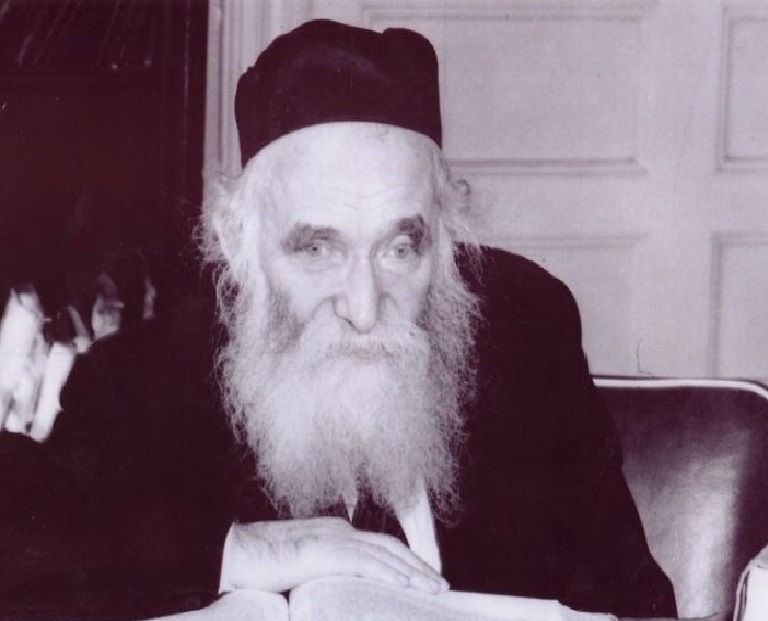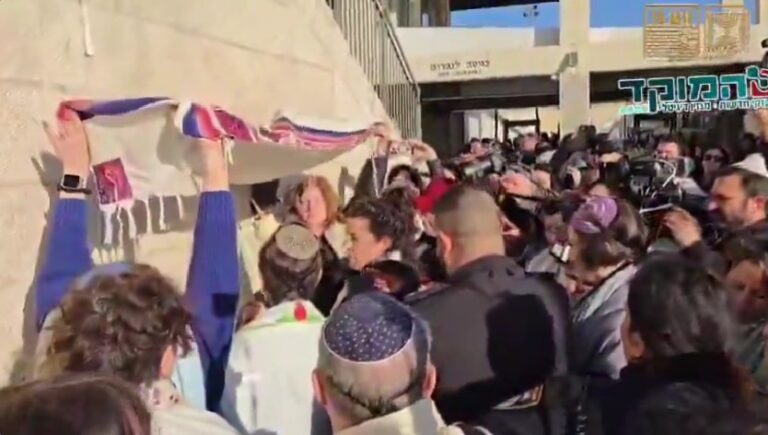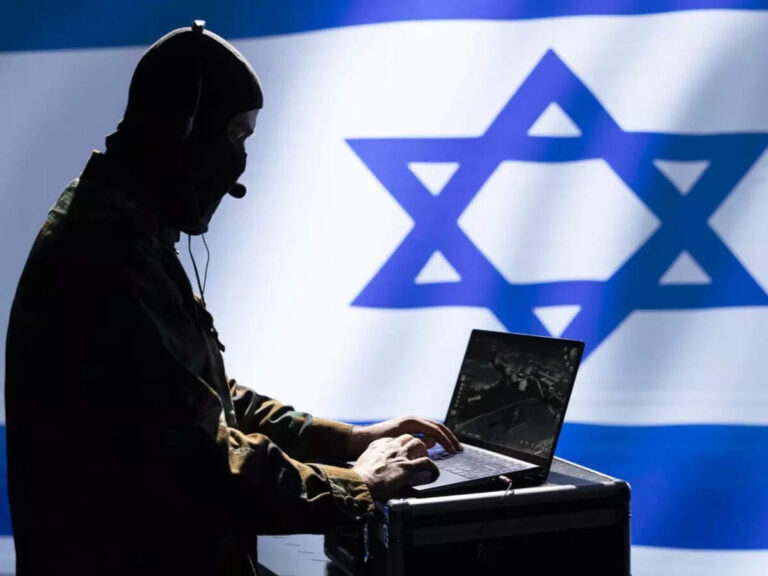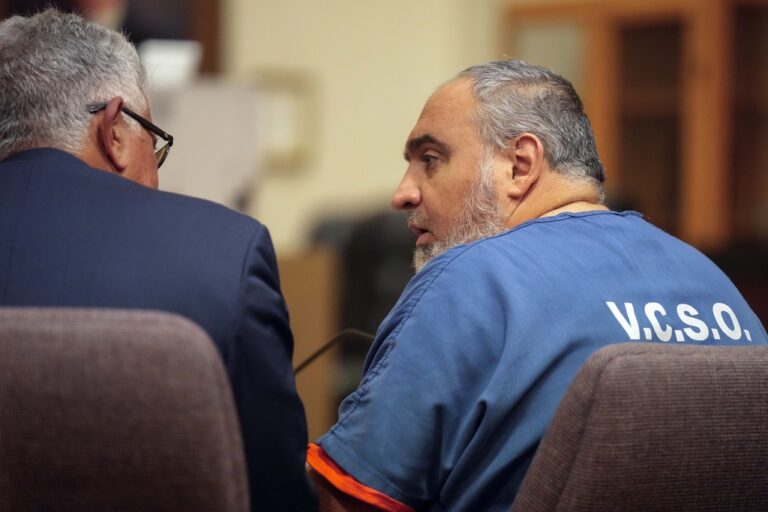By Rav Aharon Kotler zt”l Translated by Rabbi Yair Hoffman
IF YOU WISH TO BE A REGULAR SUBSCRIBER TO THESE DIVREI TORAH FROM RAV AHARON KOTLER ZATZAL, PLEASE EMAIL [email protected] with the words “Rav Aharon” in the subject line.
[On Shavuos, we acquire the Torah itself. One of the 48 ways listed in which we can acquire Torah is through the notion of Noseh b’ol Chaveiro. It is not only the time for acquiring Torah, but we are still in the middle of the Corona Pandemic, where there are thousands of families who lost loved ones and even more who are suffering now from this terrible illness. The following words of Rav Aharon Kotler zt”l were said during 1948, when huge numbers of Klal Yisroel were in a state of grave danger as six Arab nations attacked Eretz Yisroel. A nation that had just emerged and escaped from the fiery gehenom of Nazi-occupied Europe was now facing a second annihilation. The maamar can be found in Mishna Rabbi Aharon Vol. IV page 76. yh]
EMPATHIZING
In Taanis (11a), the Rabbis taught: When the Jewish people is immersed in tzaar, and a person separates himself from them [not sharing in their suffering] the two ministering angels who accompany a person come and place their hands on his head, as though he was an offering, and say: This man, so-and-so, who has separated himself from the community, shall not see consolation of the community.
Another b’raisa teaches: When the community is immersed in suffering, a person should not say: I will go to my house and I will eat and drink, and peace be upon my soul. And if he does so, the verse says about him: “And behold joy and gladness, slaying oxen and killing sheep, eating flesh and drinking wine; let us eat and drink, for tomorrow we shall die” (Isaiah 22:13). And the prophecy continues with what is written afterward, in the following verse: “And the Lord of hosts revealed Himself in my ears: Surely this iniquity shall not be atoned by you until you die” (Yishayahu 22:13).
Rather, a person should be distressed together with the community. For so we find with Moshe Rabbeinu, who distressed himself together with the community, as it is stated during the war with Amalek: “But Moses’ hands were heavy; and they took a stone, and put it under him, and he sat upon it” (Shmos 17:12). But didn’t Moses have one pillow or one cushion to sit upon? Rather, this is what Moshe said: Since the Jewish people are immersed in tzaar, I too will be with them in tzaar.”
A DEFINITION
One of the [48] methods through which Torah is acquired is Noseh b’ol chaveiro – carrying the yoke, or burden, of his friend. What does Noseh b’ol chaveiro mean? It means when your friend is in danger or in distress – you share that with him, you carry his burden with him.
TWO ASPECTS TO NOSEH B’OL CHAVEIRO
There are two aspects to this sharing: The first one in action – through assistance and help with either suggestions or with monetary assistance. The second aspect is with paying attention to him and feeling the pain of his friend – this is also “sharing his burden.”
THE EXAMPLE OF MOSHE RABBEINU
And so we find regarding Moshe Rabbeinu, after he arose to a high position through Paroh, the pasuk (Shmos 2:11) says, “And Moshe grew and he went out among his brethren, vayar b’sivlosam, and he saw in their pain.” Rashi writes: He placed his eyes and heart to be pained over them.” The Midrash (Shmos Rabbah 1:32) explains, “he would see their suffering and cry. He would give his shoulder and assist each and every one of them. He would leave his dargon and go and ease their pain.”
So we see that he did not just stop with help alone, rather, in order to feel their tza’ar he directed his eyes and heart to pain himself over them. For this purpose, he would place his shoulder with each one of them, and through this feeling he came to help them. And this is what is meant when the posuk says, “vayar b’sivlosam.”
TO THE EXTENT THAT HE GETS SICK OVER IT
The Gemorah in Brachos (12b) says: A person is obligated to daven for his friend. And if he is a Talmid Chochom he must even sicken himself on him.” The meaning is that he must feel the tzaar and pain of a talmid chochom as if it actually came upon him – so that his prayers will emanate from this type of feeling. Chazal derived this from the pasuk in Tehillim (35:13), “But, as for me, when they were ill, my attire was sackcloth; I afflicted myself with fasting”, that Dovid said over Achitofel. For when he [Achitofel] was in his illness, Dovid HaMelech was sitting and fasting and wrapped in sackcloth in order to feel his pain and share in his tzaar.
APPLIES TO ALL OF KLAL YISROEL
This obligation falls upon each member of Klal Yisroel [for others This obligation falls upon each member of [klal] Yisroel [for others Jews] who are immersed in tzaar, as chazal have said, “Whoever can pray for his friend and does not pray for him, is called a sinner. Certainly this applies to an entire tzibbur that is in tzaar which includes talmidei chachomim and tzaddim.
NO EMPATHY IS A CHILUL HASHEM
Chazal in Yumah (86a) listed four different categories of those who need a kaparah – an atonement – the most stringent of them being chillul Hashem, which even yissurim – suffering pain and agony does not atone for – only missa, death, atones for it, as the pasuk in Yishayahu (22:14) says, “If this sin will be atoned for you until you die..” That pasuk is interpreted in tractate Taanis (11a) as referring to someone who separates from the community when they are immersed in tzaar – so we see how machmir the chachomim were on this issue, and how far-reaching it matters.
These words apply to all of us during these days, where the residents of Eretz Yisroel stand in grace danger. The enemies are conspiring to destroy them just like Haman HaRasha during his time. The distress they are in today is extremely serious, because Klal Yisroel, in the state it is now, is tiny in numbers and in their spiritual state and gashmius state as compared to what was in the previous generation. We cannot measure the intense tragedy that is liable to ensue, if Heaven forbid, the thoughts of the evil ones come to fruition. This is a matter that pertains to the very existence of Klal Yisroel as they stand.
NOT FREE TO EXPERIENCE PLEASURES
The truth of the matter is that the obligation of feeling the tzaar does not come only on account of additional kavana in Tefillah – it is a matter unto itself. The concept of Noseh b’ol im chaveiro obligates a feeling of sharing or partnering – as if he is found in that very same tzaar. And just as the other one is not free to enjoy feelings of pleasure on account of his distress so to must the person sharing in that distress be so concerned in the distress of his friend that there cannot be a place in his heart to feel pleasure – on account of that tzaar. This applies to the tzaar and distress of the tzibbur, as the Gemorah there says, “A person should always distress himself with the community, as we find regarding Moshe Rabbeinu, etc.
OBLIGATION COMES FROM EMULATING HASHEM
The source of this obligation is from the pasuk (Dvarim 13:5), “After Hashem your G-d you shall walk,” that Chazal interpreted in explaining that pasuk in Sotah (14a), “Just as He is merciful, so too must you be merciful.” Now it is explicitly explained in psukim that this is the quality of Hashem. In Tehilim (91:15) it states, “I am with him in [times of] distress” and in Yishayahu 63:9, “And in all their distress – He has distress.”
The translator can be reached at [email protected]
IF YOU WISH TO BE A REGULAR SUBSCRIBER TO THESE DIVREI TORAH FROM RAV AHARON KOTLER ZATZAL, PLEASE EMAIL [email protected] with the words “Rav Aharon” in the subject line.











